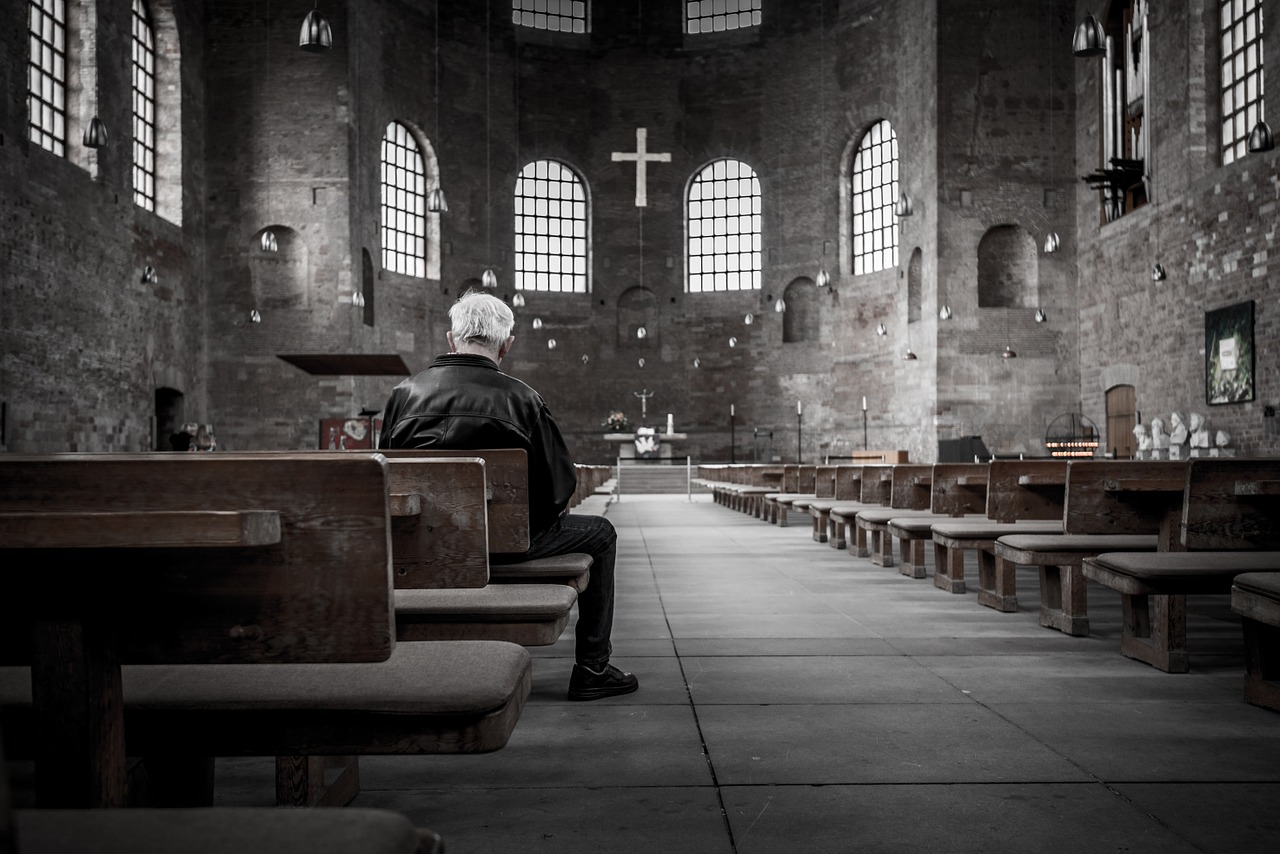
The attorneys at Nardone Limited regularly assist our clients with labor, employment, and human resource issues, including guidance on preventing and responding to discrimination and harassment charges filed with the Equal Employment Opportunity Commission (“EEOC”) or the Ohio Civil Rights Commission (“OCRC”). Regarding discrimination on the basis of religion, the law provides that employers must reasonably accommodate an employee or applicant’s sincerely-held religious practice, unless it would cause an undue hardship on the conduct of the employer’s business. 42 U.S.C. § 2000e(j). In a previous article, “Religious Discrimination and Accommodation in the Workplace,” we discussed the legal obligations an employer has to its employees and applicants to make accommodations for religious beliefs and practices. But, this article will more fully explain the meaning of “sincerely-held” and “undue hardship.”
Sincerity is Rarely in Dispute
Title VII’s accommodation requirement only applies to religious beliefs that are “sincerely-held.” Even if an employee or applicant’s religious practice seems uncommon, an employer should not automatically assume that their religious observance is not sincere. Moreover, an individual’s religious beliefs, or degree of adherence, may change over time, yet it may still be “sincerely-held.” Therefore, the sincerity of an employee or applicant’s stated religious belief is usually not in dispute in religious discrimination cases. But, if an employer has a legitimate reason for questioning the sincerity or even the religious nature of a particular belief or practice for which an accommodation has been requested, it is entitled to make a limited inquiry into the facts and circumstances of the employee’s claim.
More Than a Minimal Burden
Under Title VII, denial of a reasonable accommodation for a “sincerely-held” religious practice is only acceptable if the accommodation would cause an undue hardship for the employer. For purposes of religious accommodation, undue hardship is defined by courts as a “more than de minimis” cost or a burden on the operation of the employer’s business. An employer may deny an employee or applicant’s request for an accommodation if the denial is based on workplace safety, security, or health concerns and the accommodation would actually cause an undue hardship, and not because the employer assumes that the accommodation would pose an undue hardship. Additional reasons that an accommodation may cause an undue hardship on the employer are if the accommodation: (i) is costly; (ii) would decrease workplace efficiency; (iii) infringes on the rights of other employees; or (iv) requires other employees to do more than their share of potentially hazardous or burdensome work. However, items such as: (i) ordinary administrative costs; (ii) customer preference; and (iii) co-worker jealously or dissatisfaction, are not considered to be undue hardships under federal law. Employers should be aware that this list is not exhaustive and it should make a case-by-case determination of any requested religious accommodations.
Contact Nardone Limited
Nardone Limited has conducted many discrimination and harassment investigations for clients and has also defended clients against discrimination and harassment charges filed with the EEOC and the OCRC. A discrimination charge could be the result of a disgruntled current or former employee seeking revenge. All employers must ensure that they are complying with federal and state anti-discrimination laws. Please see our previous articles on complying with federal and state anti-discrimination laws and taking the necessary measures to prevent discrimination and harassment, including: (i) Responding to and Preventing Claims of Harassment in the Dental Office – Part 1; (ii) Responding to and Preventing Claims of Harassment in the Dental Office – Part 2; (iii) Responding to and Preventing Claims of Harassment in the Dental Office – Part 3; and (iv) How Training Can Prevent Claims of Harassment in the Dental Office. If you would like more information on the EEOC or the OCRC, or need advice or representation in an employment dispute, contact either Tanya Nardone or Christopher Tackett, our employment/discrimination attorneys.